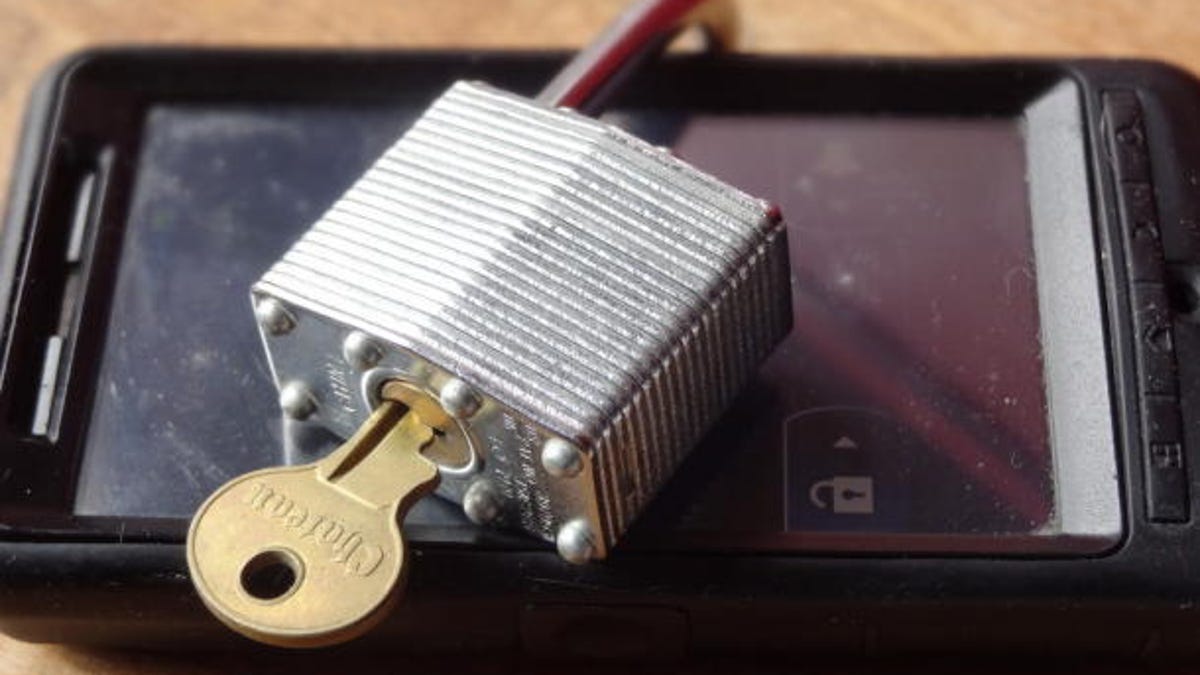White House petitions FCC to make cell phone unlocking legal
Ban on unlocking cell phones went into effect at the beginning of the year when the Library of Congress opted not to renew a Digital Millennium Copyright Act exemption.

Months after endorsing cell phone unlocking, the White House on Tuesday filed a formal petition with the Federal Communications Commission to require wireless carriers to unlock mobile devices upon request.
Filed by the Commerce Department's National Telecommunications and Information Administration, the proposal comes after the Obama administration threw its support behind an Internet petition this spring that asked the Library of Congress to change its stance on the legality of smartphone unlocking.
Under the 1998 Digital Millennium Copyright Act, Americans are broadly prohibited from "circumventing" technologies that protect copyrighted works. But the DMCA gives the Library of Congress the authority to grant exemptions, which it did for cell phone unlocking utilities in 2006 and 2010.
The process became illegal earlier this year when the Library of Congress, which has the responsibility of reviewing the DMCA every three years, opted not to renew the exemption for unlocking phones. The change, which prevents cell phones from being used on other carrier networks, caused quite a stir in the wireless community, leading to an online petition that garnered some 114,322 signatures before winning the president's support in March.
Opponents of the effort argue that phones should be prevented from moving between networks because of the subsidies that wireless carriers provide consumers to obtain the phones. However, the NTIA said in a statement that the move would increase competition and consumer choice.
"Americans should be able to use their mobile devices on whatever networks they choose and have their devices unlocked without hassle," Lawrence Strickling, assistant secretary of the NTIA, said in a statement.
Before resigning earlier this year, former FCC Chairman Julius Genachowski said the commission would examine the issue "to see if we can and should enable consumers to use unlocked phones," adding that a ban on unlocking "raises competition concerns; it raises innovation concerns." Tom Wheeler, President Obama's nominee to succeed Genachowski, said during a nomination hearing in June that he supported lifting the ban.

